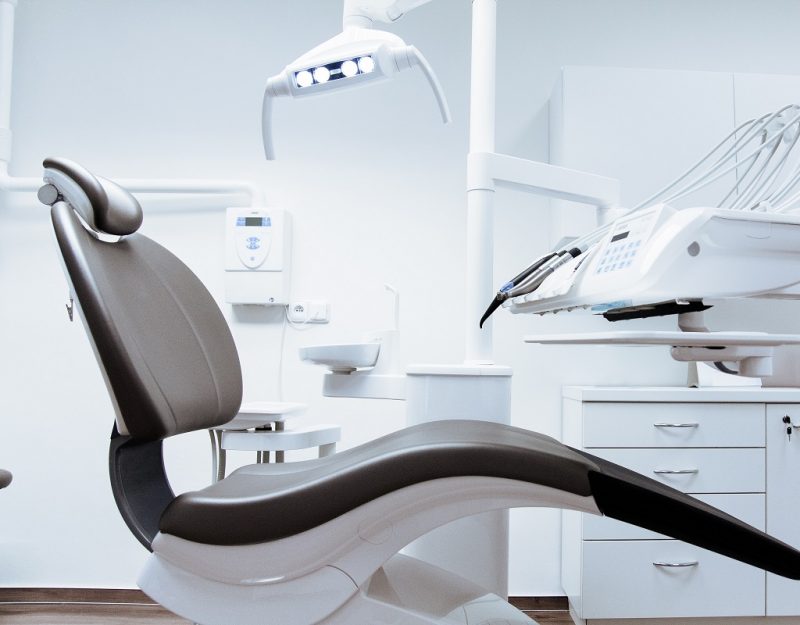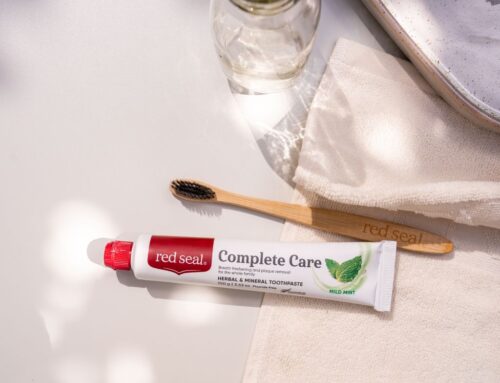Here are six medical tests all women should have on a regular basis to ensure good health over a long and productive life.
Pap smear
Pap smears test the cells in the cervix looking for changes that may be an early warning of the development of cervical cancer. Experts recommend that all women over 18 years who have ever had sex should have a Pap smear every two years. This applies to you even if you are not currently sexually active.
As cervical cancer is slow to development – taking up to ten years – experts all agree that testing more often than every two years is not necessary unless you have previously had a Pap smear that has indicated changed in the cervix. In this case, your doctor may recommend yearly testing.
A Pap smear can be uncomfortable when performed and it may result in a little light bleeding and cramping for a short time afterwards.
Mammogram
A mammogram involves taking an x-ray of the soft tissue of the breast which then is screened for breast cancer.
As breast cancer is the second most common cause of cancer-related death in women and 9 out of 10 women with breast cancer have NO history of breast cancer in the family, experts recommend that all women over 40 years have a mammogram every two years. The NZ Ministry of Health currently funds free mammograms every two years for eligible women between the ages of 45 and 69 years, so talk to your doctor about organising one.
Mammograms are generally not used for possible breast cancer detection in younger women as younger, denser breast tissue can obscure breast lumps in the x-ray. For women under 40 years, a regular breast self-examination is believed to be the best way to check for lumps and other possible changes in breast tissue.
The dose of radiation you are exposed to when getting a mammogram is very low and the benefits early detection and treatment of breast cancer far outweigh the risks.
Skin cancer
In such a sun-drenched country as ours, we have all been schooled on how to be sun safe – the Slip, Slop, Slap campaign has done its job. But with more than 350 people dying from skin cancer in New Zealand in a year, more than being sun-safe is needed.
Medical experts all agree that the best way to monitor your skin for cancer is by doing regular three month self-examinations. It is by doing this regularly that you will familiarise yourself with your skin and any changes that may occur.
As well as the easy-to-see places, be sure to check the skin on your back and the back of your neck as well as your armpits, inner legs, ears, eyelids, hands and feet. Ask someone to help you if you can’t manage this properly with a hand-held mirror. Also use a comb to section your hair to check your scalp.
If you are concerned about anything you find, or any area of your body you can’t check, see your GP. They will check it out themselves or may choose to refer you to a dermatologist or skin clinic.
Osteoporosis
Osteoporosis is a condition in which bones become fragile and brittle which leads to a higher risk of fractures. As oestrogen has an effect on the ability of bones to maintain density, osteoporosis is a condition that mainly affects women – and it becomes more of a problem as oestrogen levels drop after menopause. Currently 1 in 2 women over 60 years will suffer an osteoporotic fracture.
Osteoporosis, and its lesser condition, osteopenia, is diagnosed with a bone density test which measures the strength of your bones with a short x-ray scan.
There are a few risk factors that may make you more likely to develop this condition – certain medications, family history, early menopause, poor calcium absorption.
Blood pressure
Blood pressure is a measurement of the force your blood puts on blood vessels in your body. It is calculated with a simple test using a cuff around the upper arm and a pressure gauge that measures the flow of blood in the arm. Blood pressure is measured in millimetres in mercury (mm Hg) and healthy adults should have a blood pressure reading that ranges between 120/80 mm Hg. Anything higher indicates high blood pressure and anything lower indicated low blood pressure.
High blood pressure is often called a ‘silent killer’ because of its association with heart attacks, strokes and kidney failure.
All adults should know what their blood pressure is so that steps can be taken quickly if it begins too become high. Simple lifestyle changes such a quitting smoking, losing weight and eating healthily can have a huge impact on blood pressure.
Cholesterol
Cholesterol levels are measured with a simple blood test. The test measures total cholesterol levels as well as levels of LDL cholesterol (bad), HDL cholesterol (good) and triglycerides (bad).
Cholesterol is a waxy, fat-like substance that is made by the liver and is necessary to maintain healthy cells as well as make vitamin D and hormones. However, with a poor diet our bodies can produce too much cholesterol, which circulates in the blood stream and can cause heart disease and stroke.
For this reason, it is recommended that all adults should have their blood cholesterol levels tested every five years to monitor any possible increases in the types of cholesterol that can damage our health.






Regular 3 yearly cervical screening means that cell changes can be detected and treated early to prevent cervical cancer. However the NZ clinical recommendations are for women aged 20-70 to have a LBC smear test every 3 years (not every 2 years). Screening is not recommended for women younger than 20. Check out timetoscreen.nz for more information about screening.
Looks like I’ll be booking myself in for a cholesterol check, having never had one before. Also a good note about knowing what your BP is. I have no idea what is normal for me and I know that in both pregnancies I had both really high and really low blood pressure at different times so I’m not entirely sure what is normal for me.
I have regular smear tests, I have had my first mammogram when I turned 45 at the end of last year, I do get the Doc to check any moles I’m unsure of. I’m lucky to have pretty good blood pressure, but my cholesterol was up slightly when last checked but that’s probably because I drink whole fat milk and use real butter (I really like butter!!), But I think I’m pretty ok with all of these things 🙂
And of course the two I fear the most are the top two… Gahhh… I will reluctantly have a smear test because there is family history of cervical cancer and breast cancer but not quite “old enough” for a mammogram yet… I reckon there needs to be more info given to girls in the purberty talks at school as well as at home with these two tests in particular… I grew up in a time where it was very hish hush and never really spoken about or normalized I reckon that’s a contributing factor to my fears of them now.
So important!! I really need to make an appointment with my doctor! I haven’t had a proper check up in so long, I am a little worried about what they might find!
So many good reasons to book in for an annual check and knock a few of these off. I’m not a big fan of needles but the other tests are usually pretty low discomfort. Also I have heard that if you are alright to pay for it (think it’s a couple hundred), you can get an ultrasound breast examination.